

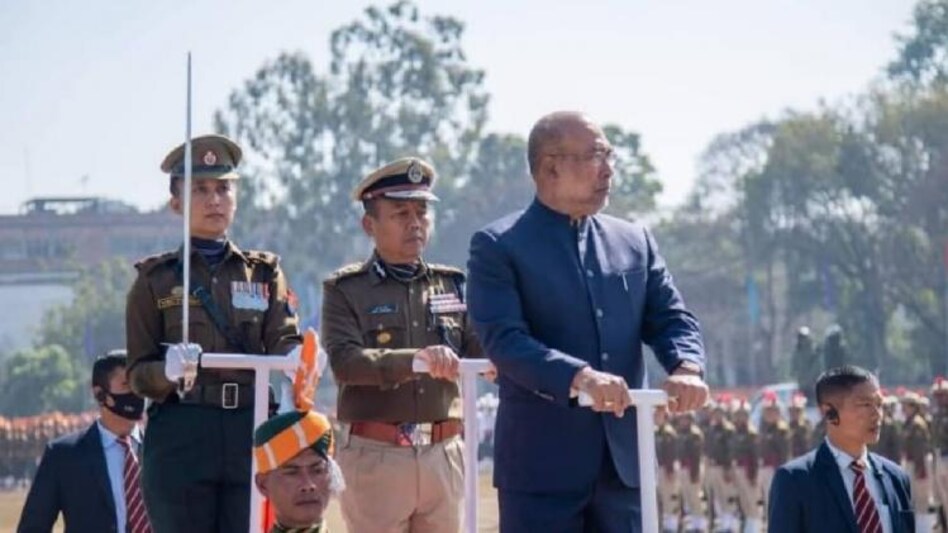
On the 53rd Statehood Day of Manipur, Chief Minister N Biren Singh spoke about the need for all tribes and communities to live together in harmony. He urged for discussions to resolve misunderstandings and to focus on important issues, such as the government's campaign against drugs. Despite facing challenges, the Manipur government has made significant progress in eradicating drugs and aims to leave a prosperous state for future generations. The chief minister's speech was a call to action for all Manipuris to work together towards building a brighter future.
Manipur Celebrates 53rd Statehood Day: Call for Harmony and Progress
Manipur, a picturesque state nestled in the northeastern region of India, recently celebrated its 53rd Statehood Day. The occasion was marked by a series of events, speeches, and cultural performances that reflected the state's rich history and vibrant traditions.
Chief Minister's Address
In his address, Chief Minister N Biren Singh emphasized the importance of unity and harmony among the various tribes and communities that call Manipur home. He urged citizens to engage in open and constructive discussions to resolve misunderstandings and focus on pressing issues facing the state.
Singh highlighted the significant progress made by the Manipur government in its fight against drug abuse. He noted that despite challenges, the government has taken a proactive approach to eradicating this menace and is committed to leaving a prosperous and drug-free state for future generations.
Background
Manipur was granted statehood on January 21, 1972, becoming the 21st state of the Indian Union. The state has a diverse population with over 30 recognized tribes, each with its own unique culture and language.
In recent years, Manipur has faced various challenges, including ethnic conflicts, political instability, and natural disasters. However, the state has also witnessed significant economic and social development, particularly in the areas of tourism, agriculture, and healthcare.
Top 5 FAQs and Answers
1. What is the significance of Statehood Day in Manipur? Statehood Day marks the day when Manipur became an official state of the Indian Union, granting it greater autonomy and self-governance.
2. What are the key issues facing Manipur today? Manipur faces challenges such as political instability, ethnic conflicts, drug abuse, and economic disparity. The state government is working towards addressing these issues through various initiatives and policies.
3. What is the state government's stance on drug abuse? The Manipur government has taken a strong stand against drug abuse and has launched several campaigns to eradicate this menace. The government has established rehabilitation centers and implemented strict laws to combat drug trafficking.
4. What are the state's major economic activities? Manipur's economy is primarily based on agriculture, tourism, and handicrafts. The state is known for its production of rice, fruits, and vegetables. Manipur is also a popular tourist destination, attracting visitors with its scenic landscapes, cultural festivals, and historic sites.
5. What is the future outlook for Manipur? The Manipur government is optimistic about the state's future. The government has set ambitious goals for economic growth, infrastructure development, and social welfare. The state is also working towards promoting peace and harmony among its diverse communities.
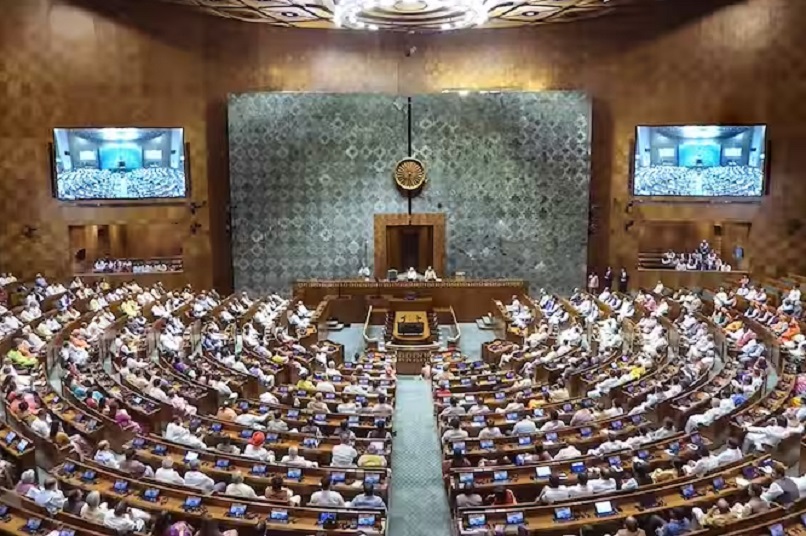
The Waqf Amendment Bill 2025 was passed by Parliament after a 13-hour long debate in the Rajya Sabha. The government hailed it as a "historic reform" for the benefit of the minority community, while the opposition criticized it as "anti-Muslim" and "unconstitutional". The revised bill, which aims to enhance the management and registration process of waqf properties, was approved by both Houses of Parliament and awaits presidential assent to become law. The Union Minority Affairs Minister noted that the Joint Parliamentary Committee's consultation process for this bill was the largest in India's democratic history, receiving over 97 lakh petitions and opinions from various stakeholders.
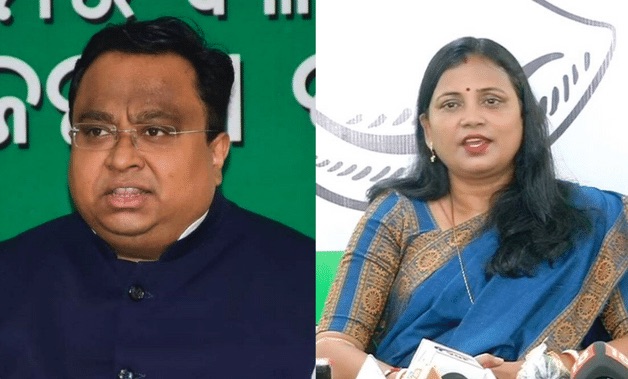
In a surprising turn of events, the ruling Biju Janata Dal (BJD) allowed its seven Rajya Sabha MPs to vote their conscience instead of following the party whip, resulting in the passage of the controversial Waqf (Amendment) Bill in the Upper House. The final tally of 128 in favour and 95 against exposes divisions within the Opposition, with some parties raising concerns about the bill's potential impact on minority communities. BJD's decision to allow a free vote was driven by the party's sensitivity towards various sections of the minority community.

After Rajya Sabha passed the Waqf Amendment Bill with 128 votes in favour and 95 opposing it, JDU Minority Secretary Shah Nawaz Malik resigned from the party and other posts in protest against the party's stand on the bill. He stated that the party's support for the bill was a betrayal of Indian Muslims and went against their belief in the party's secular ideology. The bill, which aims to enhance the administration and management of waqf properties, is facing widespread opposition from the minority community, with the Grand Mufti of Jammu and Kashmir, Mufti Nasir-ul-Islam, calling it anti-Muslim and stating that the community is planning to challenge it in the Supreme Court.

Tamil Nadu Chief Minister MK Stalin has declared that his political party, the DMK, will challenge the recently passed Waqf Bill in the Supreme Court. The CM condemned the passing of the amendment at 2 am, alleging pressure from a few allies, despite opposition from most parties in India. He also highlighted that the state Assembly has already passed a resolution opposing the amendment, and that a case will be filed in the Supreme Court on behalf of the DMK. The Waqf Bill seeks to improve the administration and management of waqf properties in India, but its passing has been met with criticism and opposition.
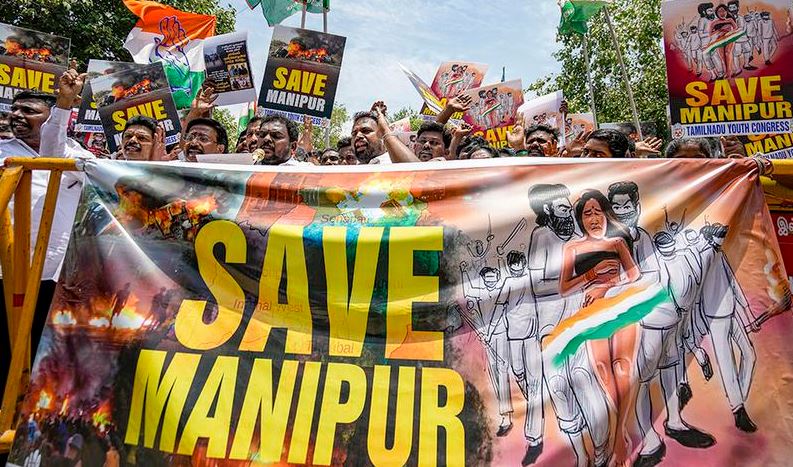
The Lok Sabha was in session until the early hours of the morning, debating and passing important bills. However, amidst the proceedings, the government initiated a short discussion on the proclamation of President's Rule in Manipur at 2 AM which lasted only 41 minutes. The Opposition was surprised and protested, but the Speaker allowed the discussion to continue. Congress MP Shashi Tharoor, in his speech, highlighted the failures of the government in maintaining law and order in Manipur and questioned the timing and necessity of the President's Rule.
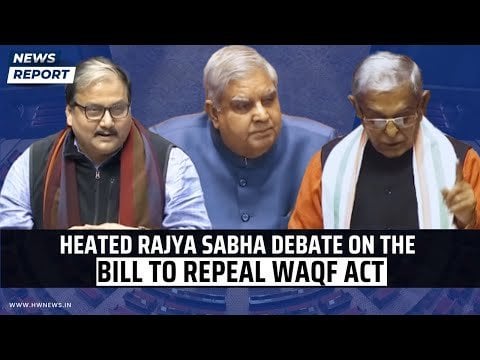
The Waqf Amendment Bill, which was earlier passed by the Lok Sabha, sparked a heated debate in the Rajya Sabha today. While BJP MP JP Nadda defended PM Modi's welfare for all principle, Shiv Sena MP Sanjay attacked the BJP for ignoring the interests of Muslims. Union Minister Giriraj Singh also joined in, accusing the Congress of crossing the limits of appeasement by giving away 123 properties to Waqf in Lutyens' Delhi overnight in 2013. The debate highlights the deep division and polarizing views over the proposed amendments to the Waqf Act in Uttar Pradesh, the state with the highest number of Waqf properties in the country.

In a digitized effort, Chief Minister Devendra Fadnavis transferred a grant of ₹25 crore to 560 gaushalas across the state under the Desi Cow Conservation Scheme. This first phase of the scheme will benefit over 56,000 indigenous cows for their upkeep. Fadnavis emphasized the importance of preserving indigenous cows for rural development and praised the initiative taken by the Maharashtra Goseva Commission. With lower milk productivity, these cow shelters play a vital role in providing necessary care for non-milking and unproductive cows, making the scheme a major relief for them.

Samajwadi Party chief Akhilesh Yadav criticized the BJP for taking 10 months to select a national president, while Amit Shah countered by pointing out dynastic practices among opposition parties. Reports suggest that the BJP will announce its new national president by the third week of April to replace JP Nadda. Nadda's tenure was extended until June 2024, but the new president will still be chosen after a process involving the party's 12-13 crore members.
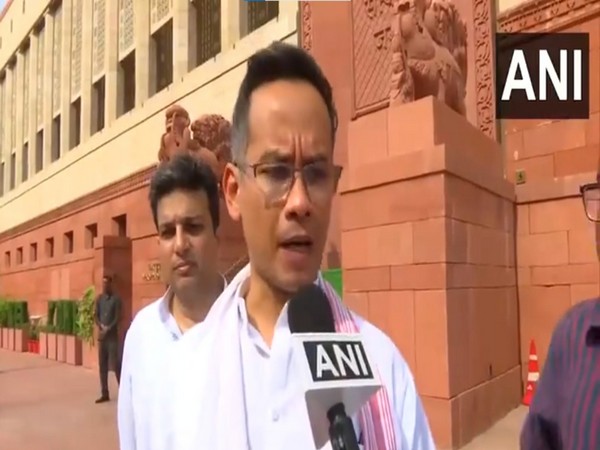
Congress MP Gaurav Gogoi vehemently opposes the Waqf amendment bill during a Lok Sabha discussion, stating that it is an attack on the foundation of Parliament and the Constitution. He also alleges that the government has ulterior motives for pushing the amendment, including diluting the Constitution, defaming minorities, dividing society, and disenfranchising the minority community. He questions the timing of the amendment and accuses the BJP-led government of restricting religious freedoms in India.
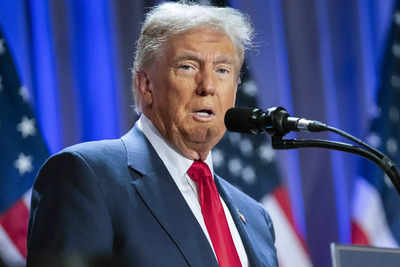
US President Donald Trump has sparked controversy by hinting at ways to stay in power beyond his second term. While the 22nd Amendment limits presidential terms to two, Trump believes there are "methods" to get around it. This raises concerns about the sanctity of democracy and the potential for abuse of power. The idea of a third term for any president has been largely rejected in American history, making this a crucial issue to watch.